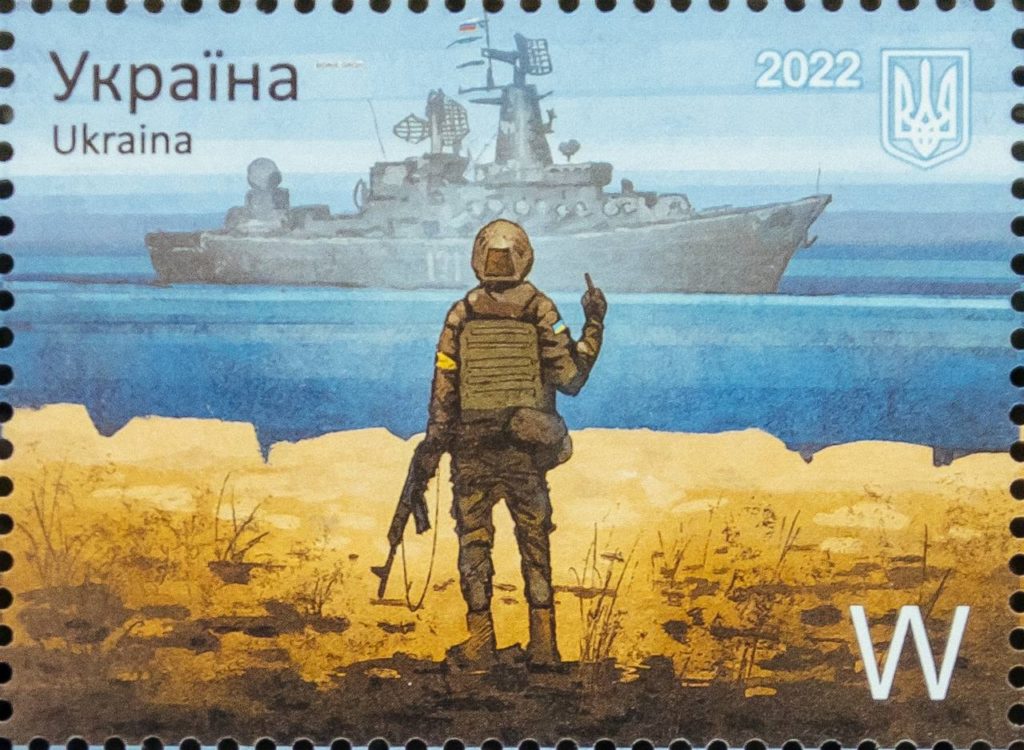The War at Sea

It’s difficult to convey the excitement that naval analysts feel when something “war at sea” happens; major vessels only get sunk once every two generations or so these days, making the destruction of Moskva the biggest event since at least 1982 and arguably since the end of the Second World War. There’s a lot that we don’t know yet and may never know about the sinking, but we know enough to say that the Russians made several critical errors that led to her loss. These included deploying the ship without proper damage control systems, steaming the ship in predictable patterns, and failing to provide the ship with sufficient escort. The “lessons learned” takes are swinging wildly between “this proves surface ships are obsolete” and “this proves surface ships operated incompetently near shore artillery are in a lot of trouble.” It won’t surprise anyone here to discover that I tend to fall into the latter camp, but here at LGM we report so that you can decide.
More thoughts on the war at sea:
- Dmitry Gorenburg discusses the loss of Moskva at War on the Rocks.
- It is not absurd to speculate that a US P-8 Orion may have helped the Ukrainian with targeting data, although we should take great care about coming to any conclusions.
- Bryan McGrath on the Russian mistakes that gave Ukraine the opportunity.
- BJ Armstrong with a general overview of the naval war thus far.
- On the disaster that the loss of Moskva represents for Russia’s propaganda machine.
Some other links:
- On the status of Ukraine’s case at the ICJ against Russia.
- “Finlandization” was somewhat less than great for the Finns and the Ukrainians could expect worse.
- The future of loitering munitions (suicide drones that wait a while to commit suicide).
- Le Pen is most definitely on Team Putin.
- Solid evidence that the sanctions are affecting the health of Russia’s DIB (Defense Industrial Base).
I’ve done another podcast with Iain Ballantyne of Warships: International Fleet Review, this time specifically on what we know about the sinking of Moskva.


